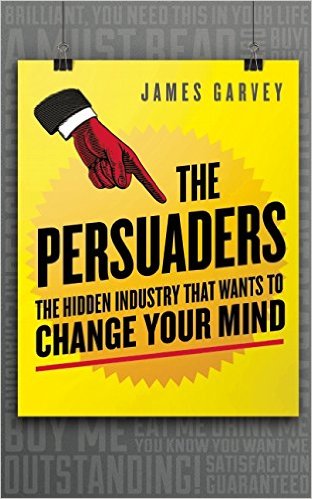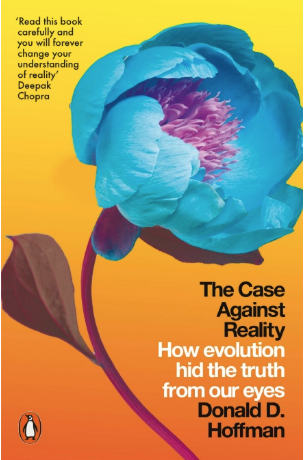 James Garvey decided to write this book after attending a lecture by a high-flying Oxford theologian. In the Q & A, he raised his hand and posed a killer objection to one of the points that the speaker had made. His neighbour leaned over to him and whispered “you’ve got him!”
James Garvey decided to write this book after attending a lecture by a high-flying Oxford theologian. In the Q & A, he raised his hand and posed a killer objection to one of the points that the speaker had made. His neighbour leaned over to him and whispered “you’ve got him!”
Garvey had won plainly won the argument. Unfortunately, it made no difference whatsoever. The speaker didn’t change his mind. He seemed to consider the question, and then just carried on, ignoring the point that had been made.
The point is that people are not really swayed by rational arguments – even ones that are obviously true. Rather people make up their minds on the basis of emotional factors, and then use rational argument to justify their already fixed ideas.
This sad psychological fact has long been know to advertisers and politicians, who use industrial strength emotional and cognitive manipulation to implant in our minds the opinions they wish us to have. No-one is immune from this manipulation. The only real defence is knowledge, so at least we can be aware of how we are being controlled and directed for the benefit of others.
In The Persuaders, James Garvey takes us on a tour of what he has discovered about the persuasion industry. He’s a philosopher, but there’s plenty of scientific psychology in the book. Required reading for any psychologist interested in democracy and free will.

 James Garvey decided to write this book after attending a lecture by a high-flying Oxford theologian. In the Q & A, he raised his hand and posed a killer objection to one of the points that the speaker had made. His neighbour leaned over to him and whispered “you’ve got him!”
James Garvey decided to write this book after attending a lecture by a high-flying Oxford theologian. In the Q & A, he raised his hand and posed a killer objection to one of the points that the speaker had made. His neighbour leaned over to him and whispered “you’ve got him!”